That’s the accusation from France – but the truth is complicated
The Royal Navy ships may be back at base, but Jersey’s fishing row is far from over. Last week’s ‘war of the whelks’ – caused by Jersey’s decision to limit the access of French vessels in the island’s waters – evoked a volatile response from France and instigated blockaded ports and threats to the island’s power. Jersey’s fishermen called it “close to an act of war”.
Tensions were eased this week by Jersey’s decision to postpone its new licensing rules until July, but the issue will not subside. Former EU negotiator Michel Barnier accused the UK government this week of behaving like “buccaneers” by failing to honour the UK-EU trade deal.
“We must clearly tell the British it cannot work like this otherwise there will be serious consequences on the deal in general,” he told the France 5 network. The accusations are strong yet, so far, the supporting evidence is scant. So has the deal been breached? And what’s really going on in Jersey?
Jersey may seem an unlikely location for battleships and blockades. Fish stocks in the North Sea and off Scotland are far more significant economically.
France’s minister of the sea, Annick Girardin, insists the small Channel Island matters because the UK government is using red tape to limit French fishing vessels and “if we accept it in Jersey, it is dangerous for our access everywhere,” she told the French Assembly.
Like Barnier, Girardin has sought to link the row over Jersey’s fishing access to broader post-Brexit tensions with the UK. When it comes to fishing, however, Jersey and the UK are really rather different.
Granville Bay Agreement
For centuries, Jersey’s fishing rights have been determined by bilateral deals with France, separate to UK control and the EU’s common fisheries policy. Fishermen on the water today have only ever known the Granville Bay Agreement, a deal first signed in 1839 and of significant benefit to French fleets.
Under the agreement, French vessels received 75% of all licences for Jersey waters in 2019 – 364 licences, compared with 127 for Jersey boats. It also enabled French authorities to license their own vessels regardless of any objection from Jersey officials. Unsurprisingly, this provoked feelings of rancour in Jersey and resulted in overfishing of stocks. However, the treaty has now been superseded by Jersey signing up to the UK-EU trade deal and the French are understandably commiserating its loss.
“The French haven’t got their heads around the fact Jersey now has the right to manage its own fisheries,” says Don Thompson, chairman of the Jersey Fishermen’s Association.
“The French haven’t got their heads around the fact Jersey now has the right to manage its own fisheries”
It has put France in a position, perhaps familiar to the UK, of wanting to change a deal it signed just a few months ago. Girardin told French fishermen this week she was looking to reactivate the Granville Bay treaty, though “at present, Jersey refuses”. She continued: “It is in our interest to get ready for battle immediately. The fight has only just begun.”
Jersey officials maintain that French vessels will still be granted permits so long as they demonstrate a proven history of operating within the island’s seas. And while France argues many of its boats don’t have the necessary GPS to prove this, “Jersey is bang within its rights to do what it’s done” according to one fishing expert. “Just like Britain and its shellfish exports, it was quite clear in the agreement what was going to happen. Did the French read it? I don’t think so.”
So what happens now? Both sides stand accused of leveraging the row to bolster their political agendas – Boris Johnson using ‘gunboat diplomacy’ as a distraction from other broken fish promises, French officials looking to land political points ahead of a key election this year. “Jersey is a storm in a teacup,” says the expert. True, perhaps, but when political pride is at stake, that often counts for very little.







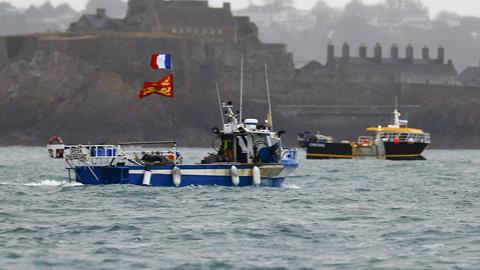
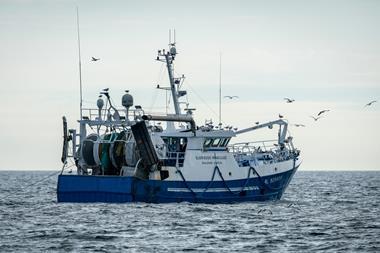
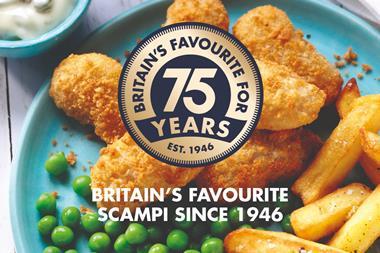
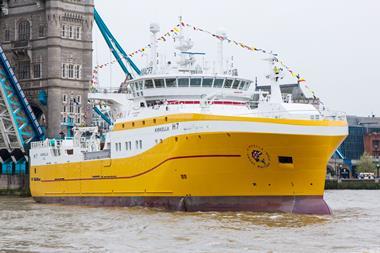
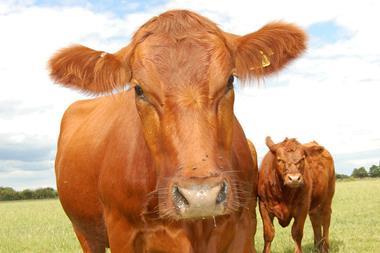
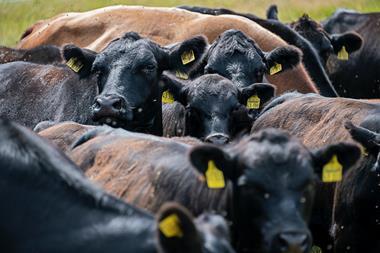
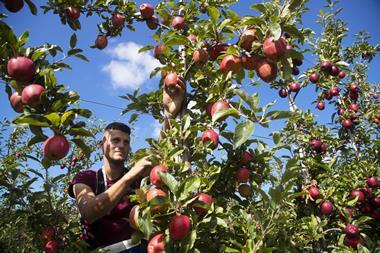






No comments yet